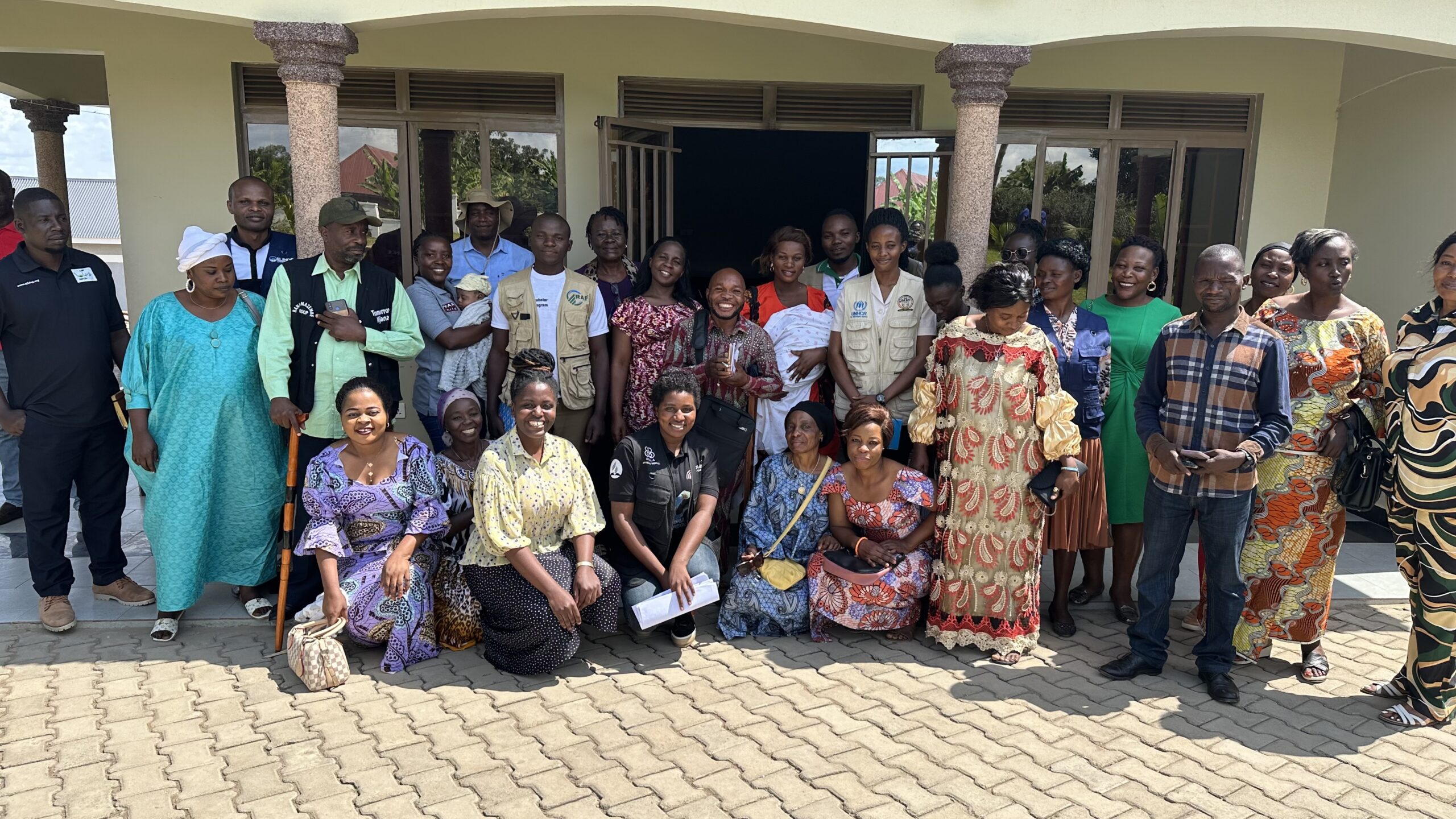To better understand the role of refugee women-led organizations (W-RLOs) in Uganda, we carried out a study across five locations: Kyaka II, Kyangwali, Rwamwanja, Nakivale Refugee Settlements, and Kampala.
Our goal was simple: to highlight the contributions of W-RLOs, uncover the challenges they face, and explore how they can be better supported to grow, be heard, and sustain their impact.
Why This Research Matters
Refugee Women-Led Organizations are grassroots initiatives started by refugee women themselves. They respond to urgent needs in their communities, from gender-based violence prevention to child protection, reproductive health, livelihood, education among others.
Yet despite this, these groups often remain invisible in humanitarian planning. Many face underfunding, lack recognition, and struggle with barriers that larger organizations, often male-led, do not.
Our research set out to amplify their voices and point to practical ways forward.
Key Findings
The study revealed structural and systemic challenges for W-RLOs:
- Limited resources and infrastructure – Only 8 out of 42 groups had access to a computer, and most lacked office space or internet.
- Chronic funding gaps – 36 out of 42 reported insufficient funding, often limited to small expenses like refreshments.
- Registration hurdles – 18 groups remained unregistered due to language barriers and complex legal processes.
- Skills gaps – 41 out of 42 leaders lacked training in finance, proposal writing, and organizational management.
- Isolation from networks – Poor digital access and low visibility kept many groups disconnected from opportunities.
- Social barriers – Caregiving duties, restrictive gender norms, and, in some cases, tribal tensions limits participation in leadership and collaboration.
Recommendations
For Donors, Partners, and Policymakers
- Formalize W-RLO representation in humanitarian coordination, district dialogues, and cluster meetings.
- Reform funding processes by offering flexible grants, translating calls for proposals, and creating regranting mechanisms to include smaller groups.
- Invest in capacity building, in grant writing, digital skills, leadership training, project management, and reporting.
- Support participation by providing practical services like childcare during trainings or at work.
- Boost visibility with platforms (digital and physical) that showcase W-RLOs’ work and products, and by engaging private sector partnerships.
For W-RLOs Themselves
- Lead with confidence and build on the trust already established in communities.
- Form networks and coalitions to strengthen visibility, advocacy, and peer learning.
- Explore new funding models, including social enterprises, to reduce dependency on donors.
- Stay informed by seeking legal and policy guidance, especially around registration and compliance.
Moving Forward
This research is more than a report, it is a call to action. Refugee women-led organizations are already driving change in their communities with limited resources. With stronger recognition, inclusive funding, and targeted support, their impact can grow even further.
Read full report:

